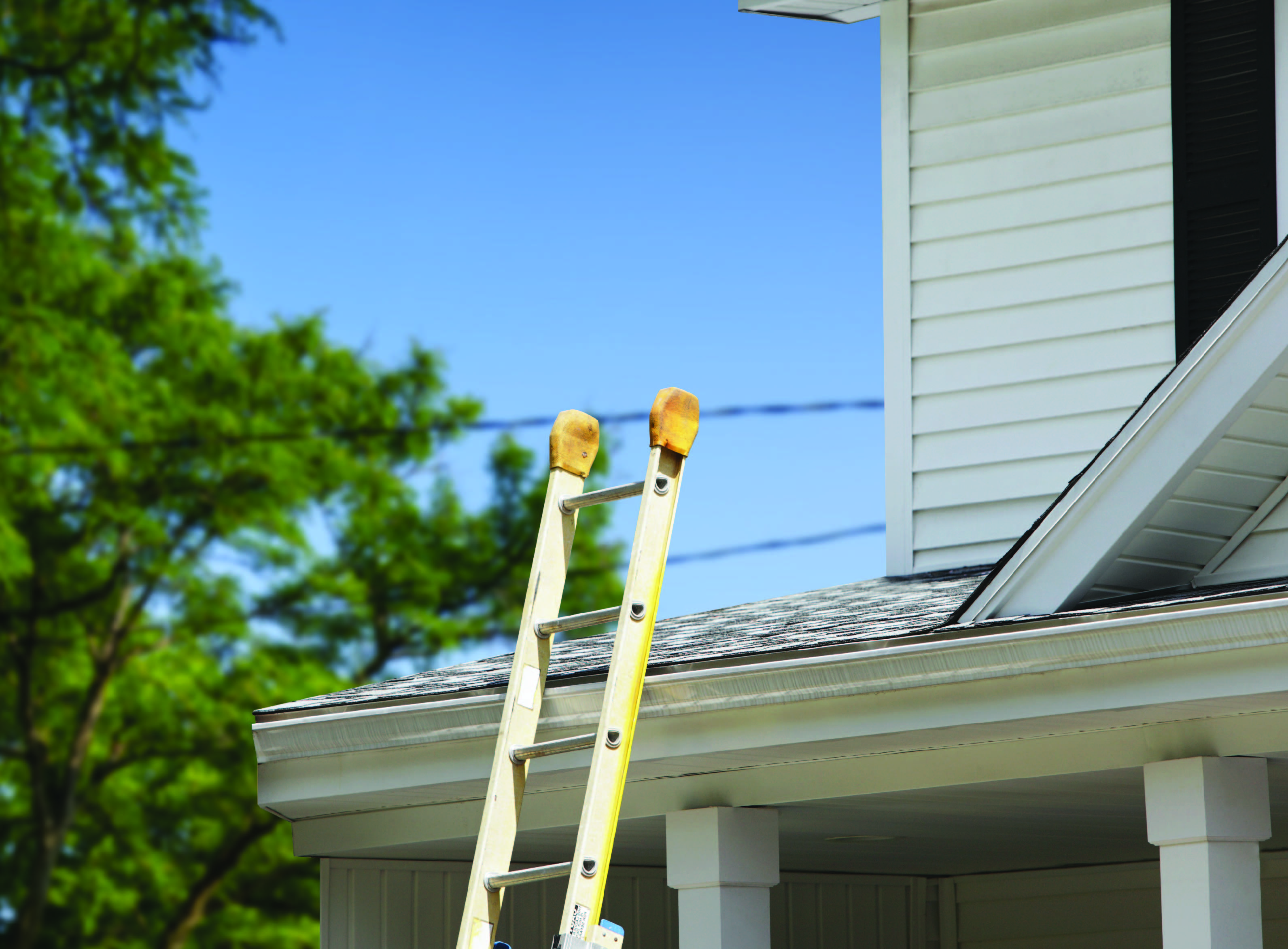We want our customers to be safe when spending time outdoors. Whether you’re playing with your kids, walking your pets, or just exploring the city, be aware of the electrical equipment around you. This section lists tips and information to help keep you and your loved ones safe.
Outdoor safety
Stay safe around electrical equipment throughout the city.
Dig safety
Before starting any digging on your property, you must request a locate — it’s the law. Whether your project is big or small, locates can help prevent potential power outages, personal injury or even death.
To arrange a locate, submit a request through Ontario One Call’s web portal at least five business days before digging. The service is free and available 24/7.
To learn more about dig safety, visit Ontario One Call’s website.
Clearance safety
Property owners are required to maintain a certain amount of clearance around powerlines, hydro poles and electrical boxes within the boundaries of their property. When structural landscaping gets in the way, it can result in safety hazards and delays to repairs.
Keep these tips in mind to help our crews complete work safely and efficiently:
- Be mindful of where you're digging and never dig around a transformer box. Plant and build at least three metres away from the front of electrical boxes, and at least two metres away from all other sides
- Don't lay concrete, build fences or plant close to the base of a hydro pole. Our crews need at least one metre of clearance space to work around and climb the poles to do inspections, repairs and replacements
- Keep sheds, garages, trees and shrubs at least three metres away from overhead wires. If tree or shrub overgrowth occurs, prune and/or consult an arborist if necessary
- Ensure vault doors and grates are kept clear. Avoid piles of leaves and snow on or near Toronto Hydro equipment. Leaves can enter our vaults and create fire hazards, while snow can freeze, making access a challenge
- Salt your sidewalks and driveways. Our crews work all year round, in all weather conditions. When checking meters or performing inspections, they need safe and clear access to our equipment
Looking for more information? We have clearance guides available with tips and diagrams to help ensure customers and contractors maintain a safe distance from Toronto Hydro equipment.

Powerline safety
Check out our tips for staying safe around powerlines.
Contact voltage
Contact voltage is the electricity that may be present on the surface of outdoor structures, including on streetlighting equipment, hydro poles, transformer boxes, handwells, bus shelters and street signs. Contact voltage poses a serious shock hazard to people and animals.
It's caused by aging infrastructure or changes in the underground electrical setup, such as construction work in the area.
Here are some tips to help you and your pet avoid contact voltage:
- Avoid contact with electrical equipment, such as streetlights, hydro poles, transformer boxes, bus shelters and street signs
- Walk around handwells, which are usually located three to four feet from electric poles
If you experience contact voltage, call 911 immediately. Toronto Emergency Services are trained to deal with electric shock and will notify Toronto Hydro to make the equipment safe.
If your pet experiences contact voltage, report it to Toronto Hydro directly at 416-542-8000 (press 1).
Crew and road safety
Our crews work day and night to keep electricity flowing to your home and business. For everyone’s safety, please be patient and cautious while driving by our work zones.
Here are some road safety tips to remember when approaching a construction site:
- Slow down, pay attention and stay a safe distance away from work zones
- Follow all safety signage, even if workers aren’t present
- Make eye contact, whenever possible, with people operating equipment
- Avoid asking our crews questions, as electrical work can be very dangerous and requires their undivided attention
- Share the road and respect the cones. Whether you're on two wheels or four, make room for each other on the road. Cones mark safe distances from dangerous equipment to keep you and our crews safe
- Don’t run or play in construction areas
Cyclist information: Sometimes our crews require the use of sidewalks, bike lanes or roads to perform maintenance or emergency repairs. This type of work involves dangerous electrical equipment. We make every effort to minimize disruption and help ensure the safety of cyclists, including creating temporary bike lanes whenever possible.
Cycle safely
CycleTO contains many resources for cycling safely throughout the city.
Related content
Emergency preparedness
Prepare for an extended outage with these essentials
Learn how to prepare for an outage